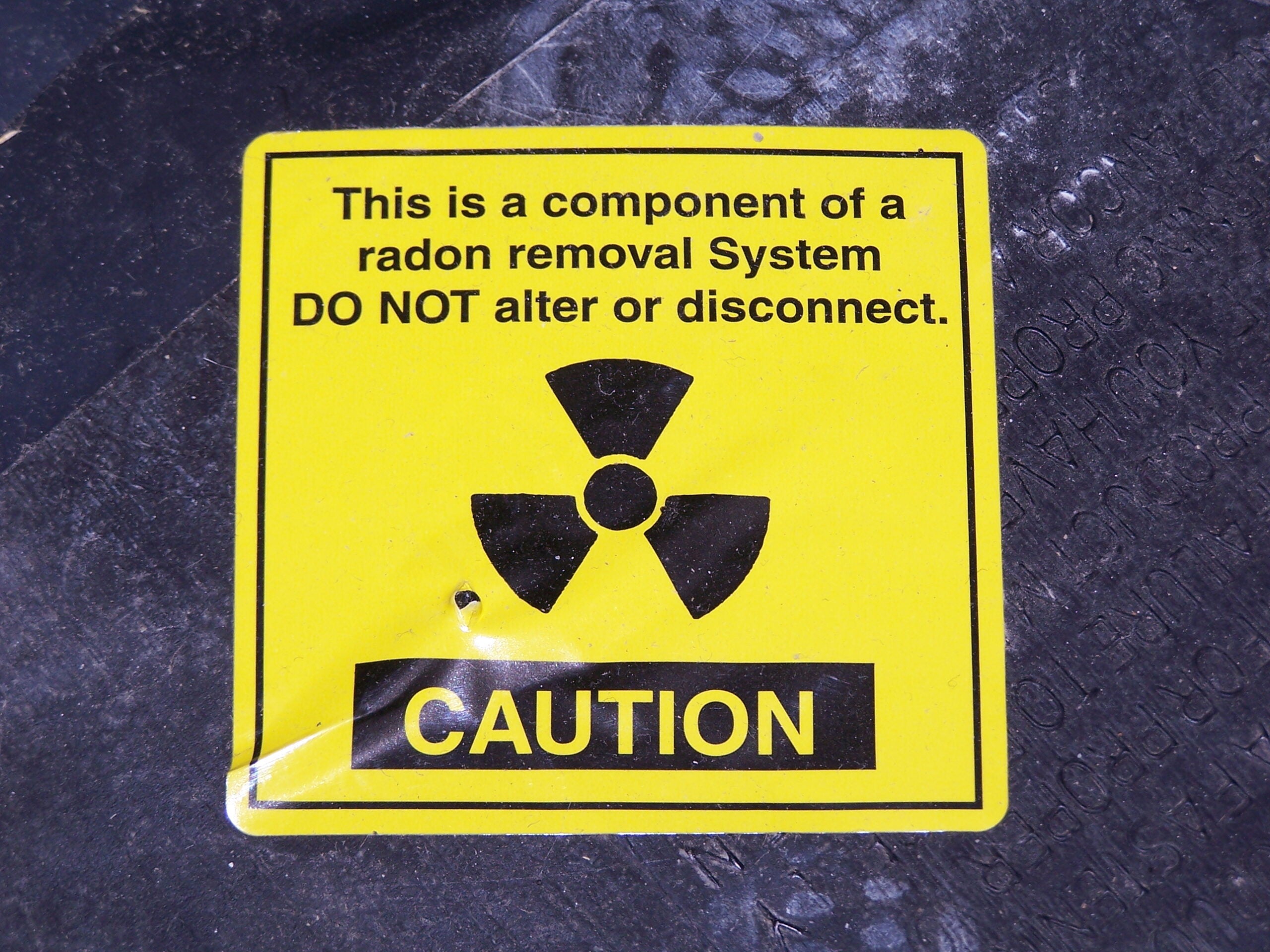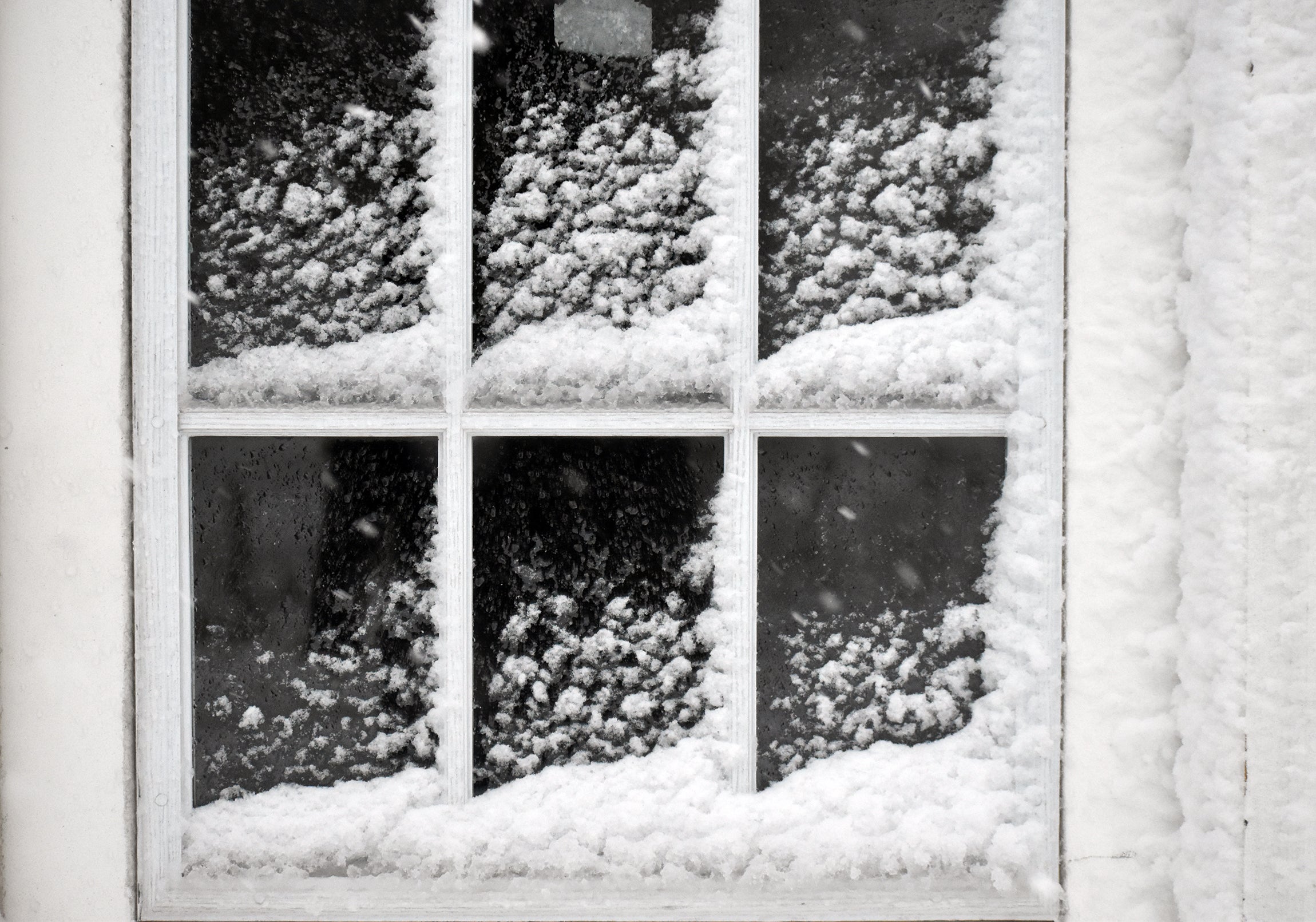Radon is a very dangerous gas that can be found in some homes. Our guests give advice on how to check your home and what to do if it’s found. They also answer other home improvement questions.
Featured in this Show
-
Is Your Home Ready For Winter?
While the days remain mild throughout much of Wisconsin, winter weather will descend on the state soon enough. To help keep living spaces warm, home improvement professional Chad Speight says an easy place to start is checking windows and doors before the heat is turned on.
Speight said the first thing he recommends is looking at the gaskets that should be part of the doors and windows. These are the strips of felt, metal or rubber that line the window or door’s edge to create an air-tight seal when the device is closed.
“Sometimes what we find on an older door or window is that the gaskets that were there when it was installed as part of the factory design … have come out or have worn away,” Speight said.
Replacing a gasket or putting one on that is missing is an easy fix, but replacing a gasket on a sliding glass door can be challenging as the door would need to be disassembled in order to reach the entire gasket area.
Speight said it’s still possible to do some things to improve the weatherization around sliding glass doors; but, if over time, things have gotten a bit warped or are simply not fitting in the opening the way they’re supposed to, replacement might be the only option.
The cost for a homeowner to replace all doors and window can be hefty, however, Speight does caution homeowners to know the difference between an air leak and simply heat loss.
He said even if you were to hypothetically caulk all of the seams of a window shut, you might still feel what appears to be a draft of cold air falling off of the glass. He said it’s difficult to simply use your hands to determine if there are actually air leaks, or if it’s simply heat loss on account of the glass.
Speight, who is the owner of Chads Design Build in Monona, said even a new well insulated Thermopane window has a low point of insulation, so heat loss should be expected, especially if windows aren’t also covered.
Energy Saver, the U.S. Department of Energy’s consumer resource on saving energy, offers these Fall And Winter Energy-Saving Tips.
Episode Credits
- Larry Meiller Host
- Jill Nadeau Producer
- Chad Speight Guest
- Corey Benson Guest
Wisconsin Public Radio, © Copyright 2026, Board of Regents of the University of Wisconsin System and Wisconsin Educational Communications Board.


